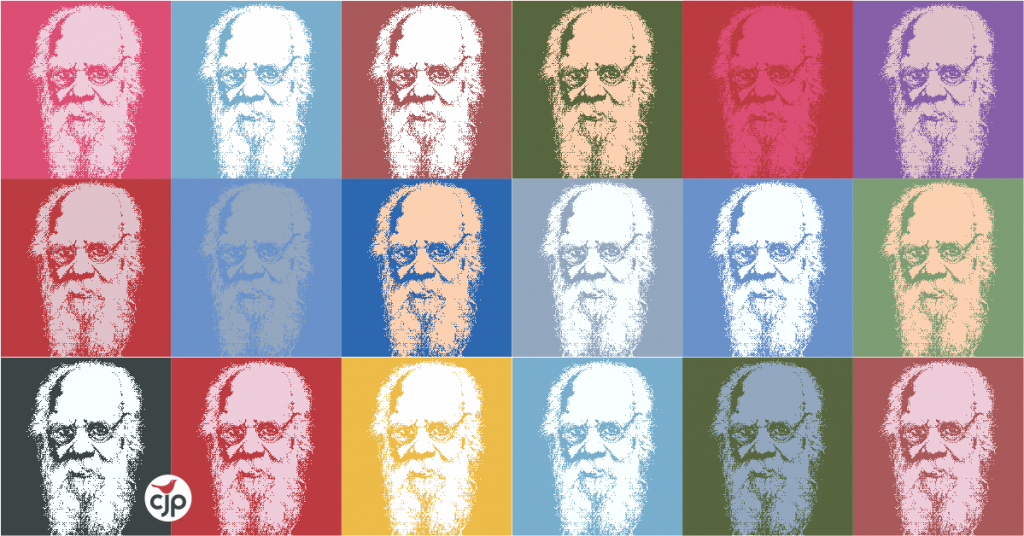Erode Venkata Ramasamy, popularly known as ‘Periyar’, was a social reformer who advocated equal rights for people of all castes, economic backgrounds and genders. He is best known for starting the Self Respect movement and founding the Dravidar Kazhagam.
Born in Erode village in Coimbatore district on September 17, 1879, he spoke Tamil, Telugu and Kannada fluently. He announced the deletion of his caste Naicker from his name in 1929. He earned the moniker ‘Periyar’, meaning ‘respected one’ in Tamil. Periyar’s social work and politics were deeply critical of both, Brahminic exploitation and oppression of people of backward castes, as well as imposition of Aryan culture on Dravidians.
The Self Respect movement (1925)
The movement was based on Periyar’s belief that if a person were to develop self-respect, he would develop individuality and refuse to bow down to oppressors. Although originally started with the objective to promote rational behaviour, the Self Respect movement grew into something much bigger. It promoted equality for all people irrespective of their financial might, gender, caste, religion, etc.
It also cocked a snook at Brahmin domination and in fact encouraged weddings to be performed without an officiating Brahmin priest. Periyar questioned the dominance of Sanskrit in wedding ceremonies, a language that most Tamil’s did not understand, but was preferred by Brahmins who wanted to retain control over the business of conducting religious rituals and ceremonies and also sought to increase the influence of Hinduism on the lives of Tamil people.
The Dravidar Kazhagam (1938)
The roots of the Dravidar Kazhagam lie in the Self Respect Movement as well as the Justice Party, a political party formed in 1916. The two movements united in 1938 to form the Dravidar Kazhagam with the objective to eradicate caste based oppression and untouchability. DK also aimed at eventually establishing a Dravida Nadu or a separate Dravidian nation. It took a strong stand against the imposition of Hindi language and was opposed to Brahmin domination of the socio-political space. Two key political parties, the Dravida Munnetra Kazhagam (DMK) and the All India Anna Dravida Munnetra Kazhagam (AIADMK) were born out of this movement, when they decided to part ways in 1949.
Periyar and Feminism
Periyar encouraged widow remarriage and many other feminist reforms such as respect for a woman’s agency over her body and sexuality, encouragement of use of birth control measures, inter-caste marriages and ‘love’ marriages. This is why his movements attracted women from a vast cross section of society, ranging from daily wage earning women labourers, to former prostitutes and ‘devdasis’, as well as doctors and teachers.
*** Feature Image by Amir Rizvi

